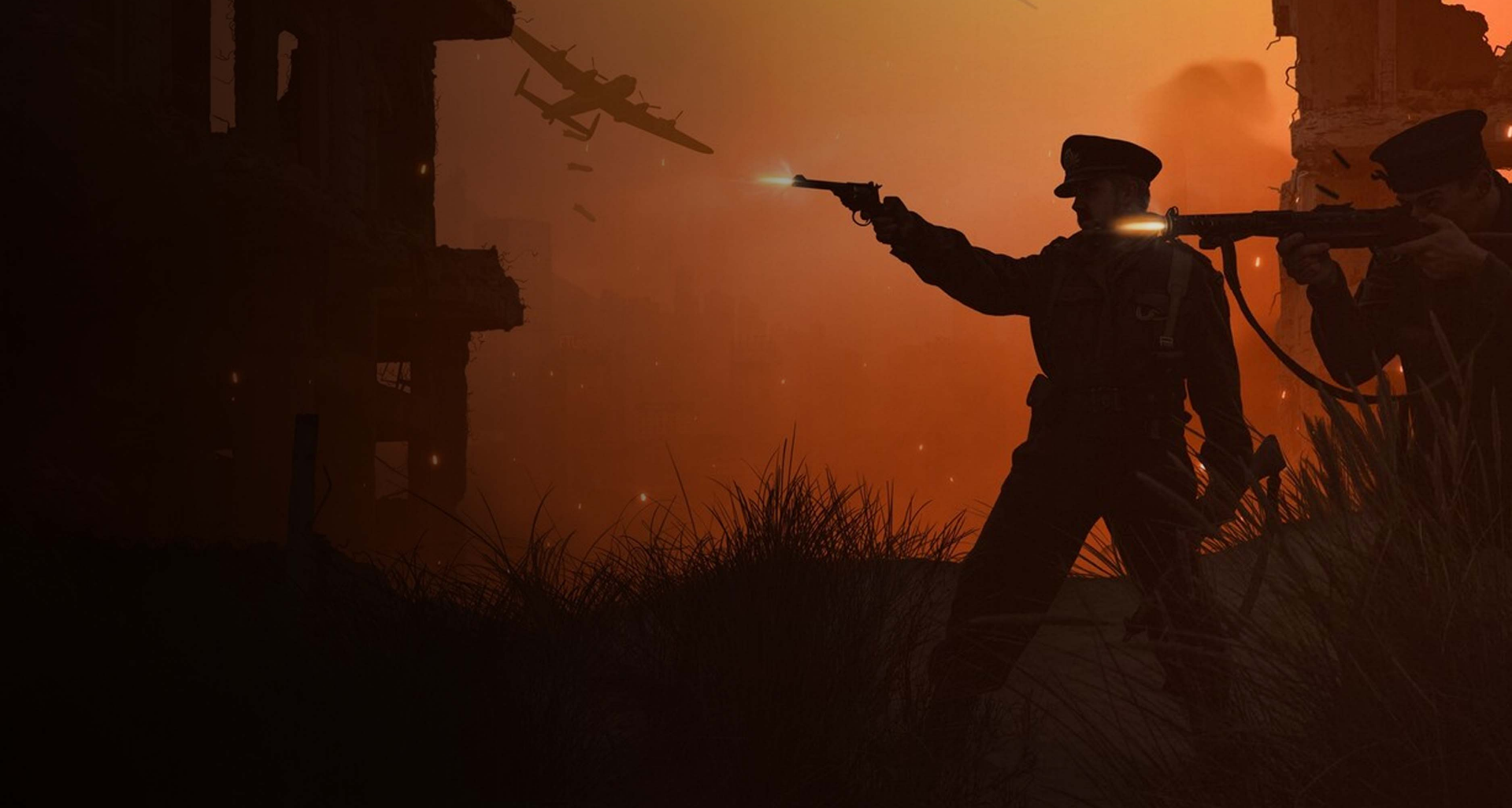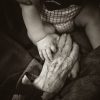Throughout all the histories, faith and beliefs have played a vital role in determining human experiences during times of war. Whether offering optimism, fostering resilience, or fueling conflict, religion, and belief systems have meaningfully impacted soldiers and civilians alike. The interaction between faith and war discloses both the potential for spiritual strength and the sophistication of human nature.
In the tough moments of war, faith often becomes a source of healing for the people facing confusion, fear, and loss. Soldiers on the fronts, surrounded by the horrors of life and death, frequently turn to their spiritual beliefs for guidance and proceed ahead. The concept of a higher power watching over them or a heavenly plan at play can provide a sense of determination and inner strength in tough times. For many people, the belief that they are fighting for a fair cause, blessed by their religion, can offer additional encouragement to persevere.
Similarly, the civilians caught in the clash of war often lean on their faith to combat the hardships of war. Prayer, myths, and shared worship can assist people make sense of grief and loss. Spiritual institutions, acting as pillars of hope, provide crucial services like food, shelter, and moral support to those displaced because of war. In many cases, belief helps societies and communities survive unimaginable carnages. The faith offers hope that peace will eventually succeed.
Faith’s effect in war is diverse in many ways. It offers both strength and division. For many, religious beliefs deliver comfort and resiliency. At the same time, history has depicted how faith can be used to both defend and fuel conflict. As humanity continues to face the punitive truths of war, it is essential to recognize the dual nature of faith.




